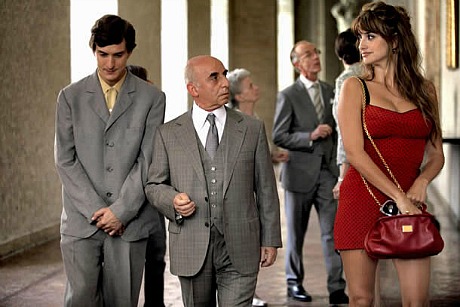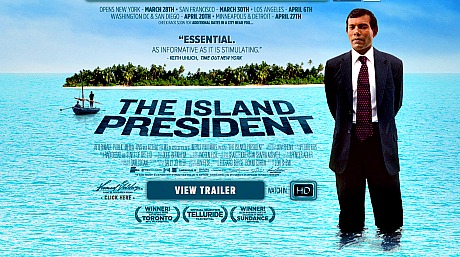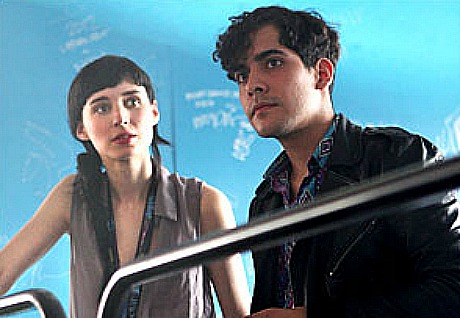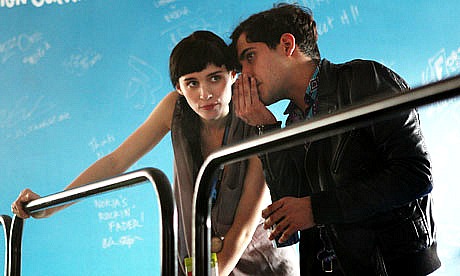“Making an exciting movie out of The Hunger Games should not have been that hard,” writes New Yorker critic David Denby. But aside from the cast, the movie “is pretty much a disaster — disjointed, muffled, and even, at times, boring. It’s a prime example of commercial hypocrisy. The filmmakers bait kids with a cruel idea, but they can’t risk being too intense or too graphic (the books are more explicit).
“After a while, we get the point: because children are the principal audience, the picture needs a PG-13 rating. The result is an evasive, baffling, unexciting production — anything but a classic.
“Working with the cinematographer Tom Stern, Ross shoots in a style that I have come to despise. A handheld camera whips nervously from one angle to another; the fragments are then jammed together without any regard for space. You feel like you’ve been tossed into a washing machine (don’t sit in the front rows without Dramamine). Even when two people are just talking calmly, Ross jerks the camera around. Why? As the sense of danger increases, he has nothing to build toward. Visually, he’s already gone over the top.
“And the action itself is a thrashing, incoherent blur — kids tumbling on the ground or wrestling with each other. Katniss stalks various kids with her bow and arrow, but she kills only one intentionally–a domineering sadist–and you don’t see the arrow hit him; you don’t even see him fall. Ross consistently drains away all the tensions built into the grisly story–the growing wariness and suspicion that each teen-ager must feel as the number of those still alive begins to diminish, or the horror (or glee) that some of them experience as they commit murder.”http://www.newyorker.com/arts/critics/cinema/2012/04/02/120402crci_cinema_denby#ixzz1pyepbuwE





